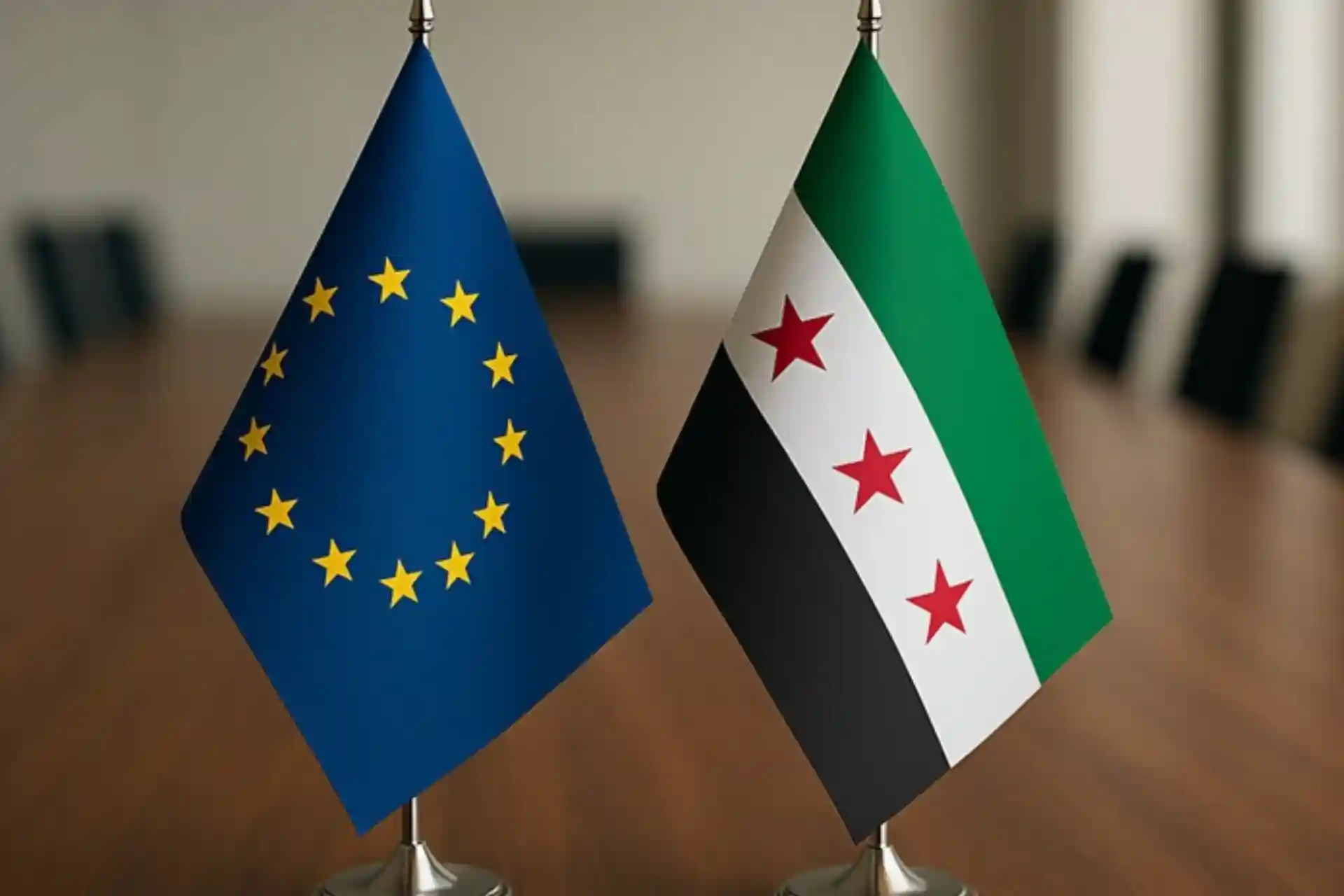29.05.2025 06:35
94
EU officially lifts sanctions against Syria
The European Union (EU) has officially announced the lifting of economic sanctions against Syria. It also removed 24 entities from the sanctions list, including banks, companies operating in key sectors for the economy, and media outlets.
According to a written statement from the EU Council, the decision was politically adopted at a meeting of EU foreign ministers on May 20 and will be published in the Official Journal in the coming days.
The statement noted that the 24 entities removed from the "list of entities whose financial assets and economic resources have been frozen" include the Central Bank of Syria, companies operating in the oil production and refining, cotton, telecommunications, and media sectors.
The statement by the EU High Representative for Foreign Affairs and Security Policy, Kaya Kallas, reads:
"This decision is a step in the right direction, demonstrating the EU's genuine support for the reconstruction of Syria and the political transition that represents the dream of all Syrians. The EU has stood shoulder to shoulder with the Syrian people for the past 14 years and will continue to do so."
The statement said that in order to ensure accountability, the lists of individuals and entities associated with the Assad regime have been extended until June 1, 2026. It also said that in connection with the events in Latakia in March, the EU had imposed new restrictive measures against two individuals and three entities under the "EU global human rights sanctions regime".
The EU sanctions against Syria were imposed in May 2011, after the start of the civil war in the country. They include travel bans and asset freezes on individuals associated with the Assad regime, from ministers to other senior officials.
The EU has also imposed sectoral sanctions covering the oil, energy, banking, communications, and transport sectors. For example, the import of crude oil and petroleum products, the export of dual-purpose (civilian and military) equipment, and the financing of infrastructure projects are prohibited.
On February 24, 2024, the EU announced a "temporary suspension" of these sanctions, implementing a previous easing measure.
EU officials have said that decisions to lift sanctions are "reversible" and that the situation in the country is being closely monitored.
According to a written statement from the EU Council, the decision was politically adopted at a meeting of EU foreign ministers on May 20 and will be published in the Official Journal in the coming days.
The statement noted that the 24 entities removed from the "list of entities whose financial assets and economic resources have been frozen" include the Central Bank of Syria, companies operating in the oil production and refining, cotton, telecommunications, and media sectors.
The statement by the EU High Representative for Foreign Affairs and Security Policy, Kaya Kallas, reads:
"This decision is a step in the right direction, demonstrating the EU's genuine support for the reconstruction of Syria and the political transition that represents the dream of all Syrians. The EU has stood shoulder to shoulder with the Syrian people for the past 14 years and will continue to do so."
The statement said that in order to ensure accountability, the lists of individuals and entities associated with the Assad regime have been extended until June 1, 2026. It also said that in connection with the events in Latakia in March, the EU had imposed new restrictive measures against two individuals and three entities under the "EU global human rights sanctions regime".
The EU sanctions against Syria were imposed in May 2011, after the start of the civil war in the country. They include travel bans and asset freezes on individuals associated with the Assad regime, from ministers to other senior officials.
The EU has also imposed sectoral sanctions covering the oil, energy, banking, communications, and transport sectors. For example, the import of crude oil and petroleum products, the export of dual-purpose (civilian and military) equipment, and the financing of infrastructure projects are prohibited.
On February 24, 2024, the EU announced a "temporary suspension" of these sanctions, implementing a previous easing measure.
EU officials have said that decisions to lift sanctions are "reversible" and that the situation in the country is being closely monitored.

